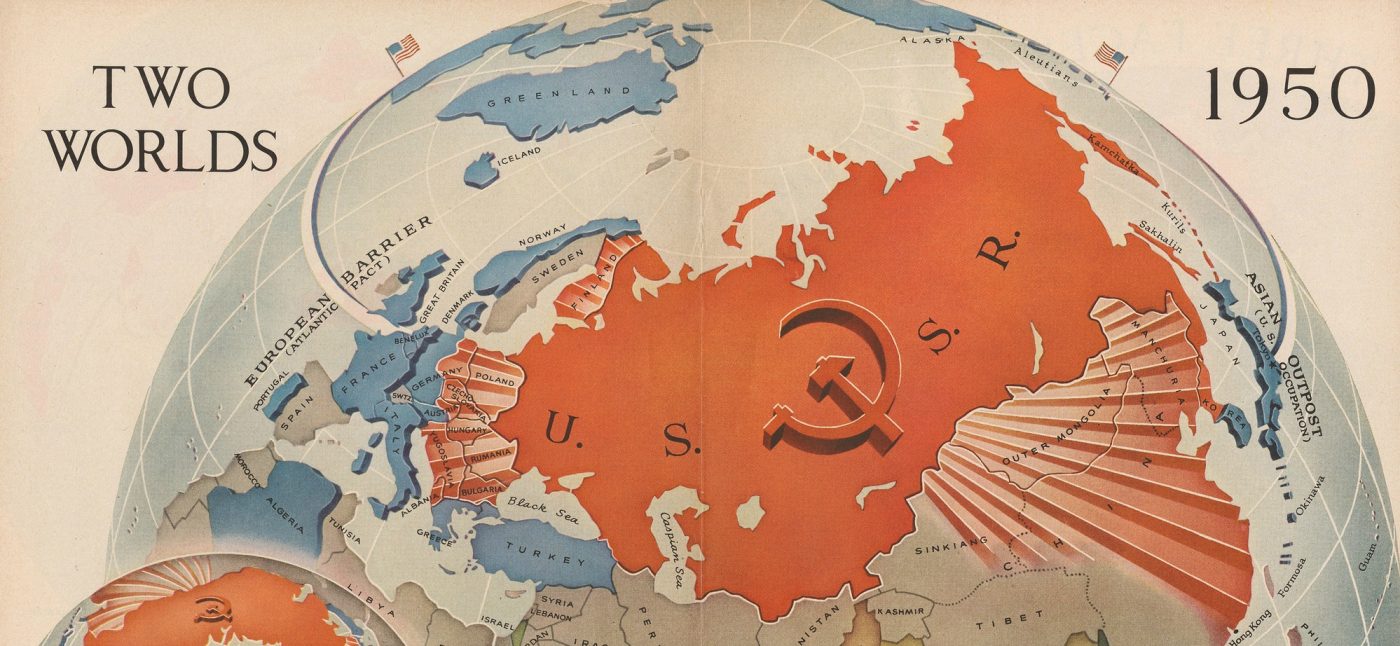My new favorite word is “Westsplaining.” Most recently promoted to the U.S.-based commentator Cathy Young, it is an allusion to “mansplaining,” the all-too-common practice of men telling women things that the women already know.
In the European security context, Westsplaining happens a lot at conferences and diplomatic meetings, and in debates on social media. People from the “old West” – the countries which never experienced communism – lecture people from the “new West” – former captive nations – about history, geography and other issues.
Westsplainers’ remarks used to be on the lines of “Why are you Easterners so paranoid/nationalistic/militaristic?” and “Don’t you realize that we have to have dialogue with Russia?” Some of this comes from old-fashioned conservative politicians, who secretly like Vladimir Putin’s robust approach. A second lot of Westplainers are on the left. They think that the real enemy is the United States. They mistrust NATO, and don’t want to raise defense spending. A third lot are just greedy.
A new category of Westsplainers acknowledge that we have problems with Russia, but they like to portray them as new. Everything changed after the attack on Ukraine in 2014, they say. That displays both amnesia and arrogance. There were plenty of wake-up calls in previous years. And it is not true that everything has changed.
In fact, people in the Baltic states, and elsewhere, were sounding the alarm about Russia’s trajectory already in the 1990s. They were ignored, patronized, and told to keep quiet about these subjects if they wanted to advance their application to join NATO and the European Union.
Now that Westsplainers have woken up to the existence of Russian influence operations (which they usually reduce to the deeply misleading phrase “fake news”), they overstate the threat. Russia is a totalitarian superpower with global reach. It is responsible for everything that goes wrong. Putin has supernatural powers. The Baltic states and other “frontline states” are on the brink of disastrous defeat.
The truth is different. Russia does wage a horrible war in Ukraine, for which it deserves a far tougher response. But for most of the rest of the world, the Putin regime is a nuisance not a menace.
In particular, the supposed “frontline states” are safer than they have ever been in their history. Russia’s economy is the size of Italy’s. Its defense spending is the size of the combined military budgets of the Nordic and Baltic countries, plus Poland. But whereas those countries have only to defend themselves, Russia has to pay for a military space program, nuclear weapons, and a blue-water navy. And the United States is splurging billions of dollars on European defense.
That doesn’t suit the Westsplainers. They want a nice single narrative in which they can blame Russia for everything from Hillary Clinton’s election defeat to Brexit and the rise of populism. Conveniently, this absolves them from their own mistakes in economic, social, and security policy over the past decades.
The Kremlin does mount effective attacks, particularly in the “old West.” It stokes polarization with the aim of corroding trust in institutions and distracting decision-makers. But these operations use weaknesses and divisions that we ourselves have allowed to develop. For example, Russia uses dirty, often anonymous, money as a political weapon. But it is able to do so only thanks to supposedly respectable financial centers, both offshore and onshore.
Russian influence operations (often termed “hybrid war”) are not invincible. Countries in an arc from Finland to Ukraine have shown how to foster resilience and end impunity. Others should learn from them.
I think it is time for some Eastsplaining.
Europe’s Edge is CEPA’s online journal covering critical topics on the foreign policy docket across Europe and North America. All opinions are those of the author and do not necessarily represent the position or views of the institutions they represent or the Center for European Policy Analysis.





